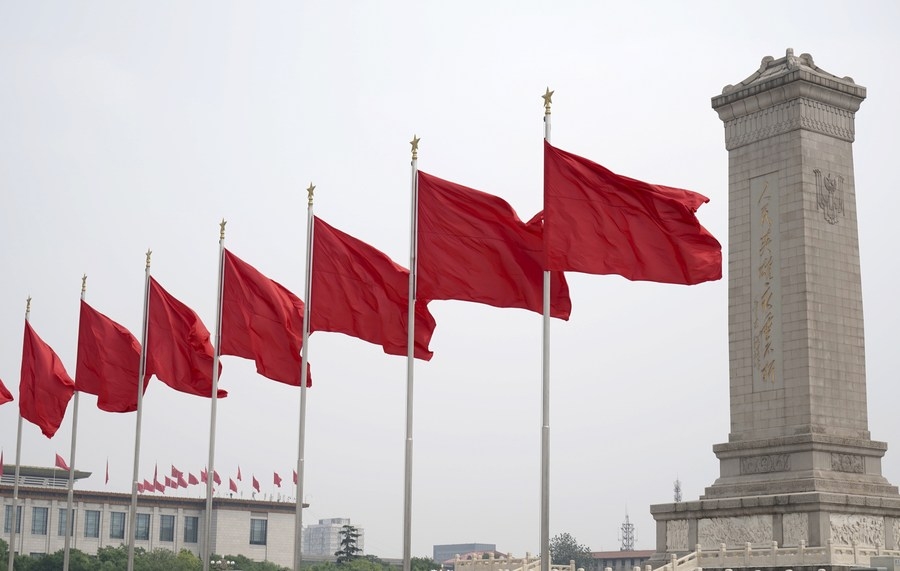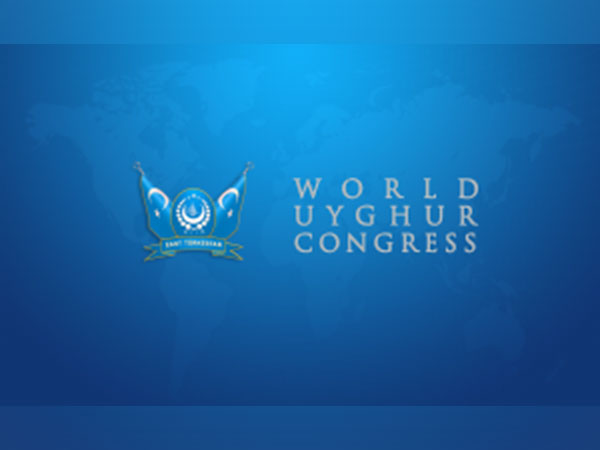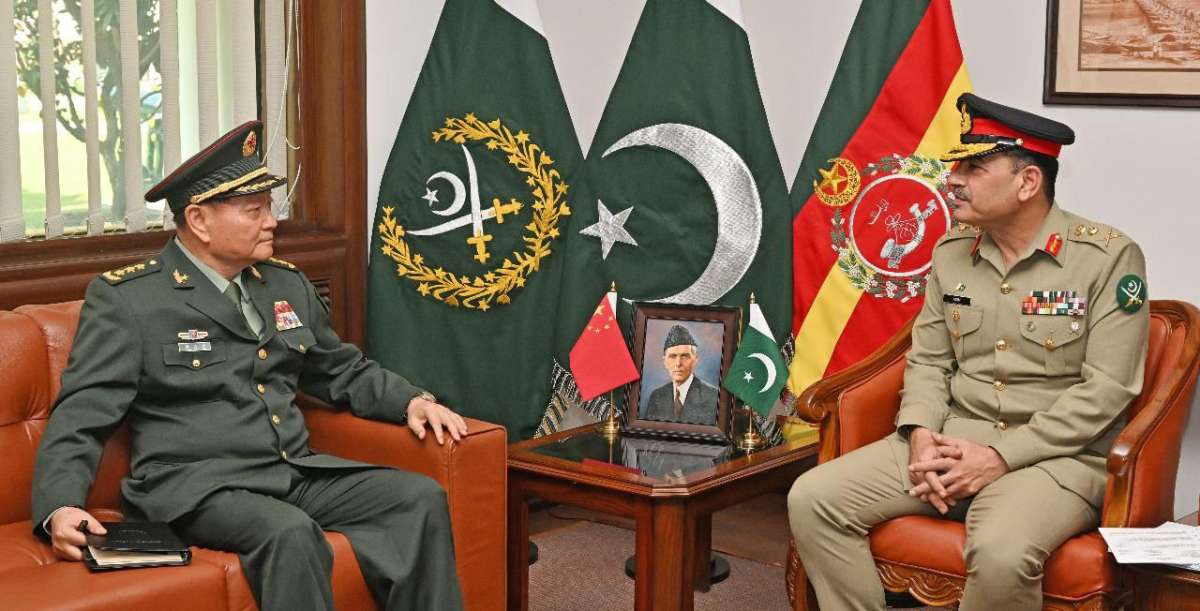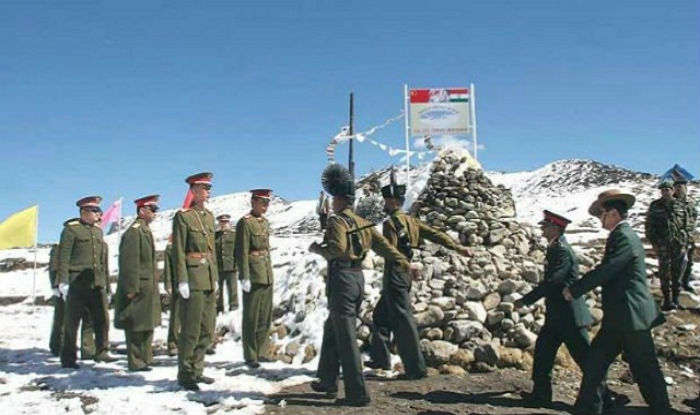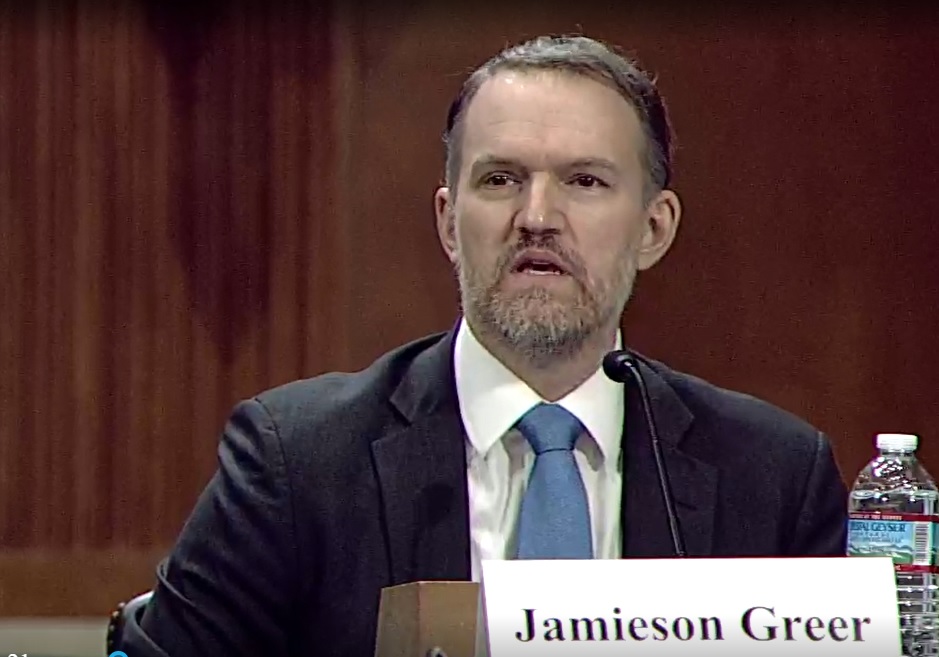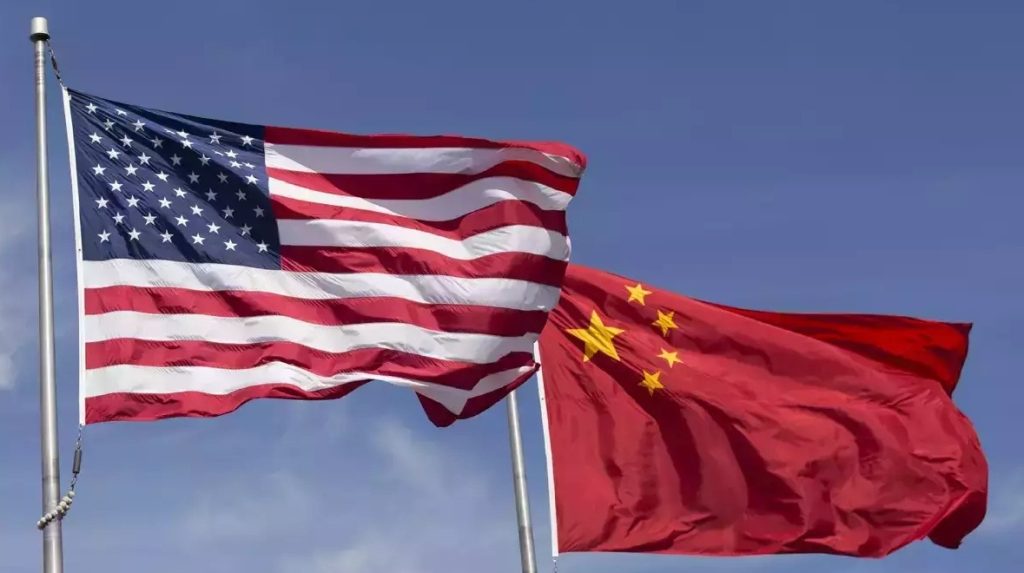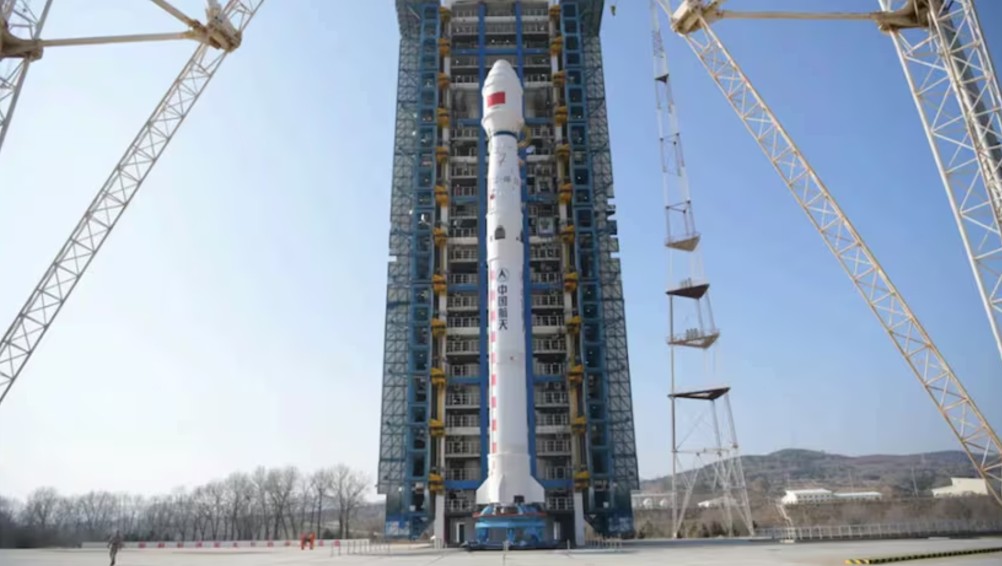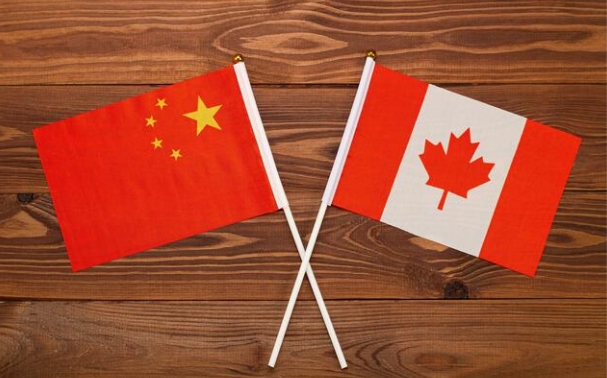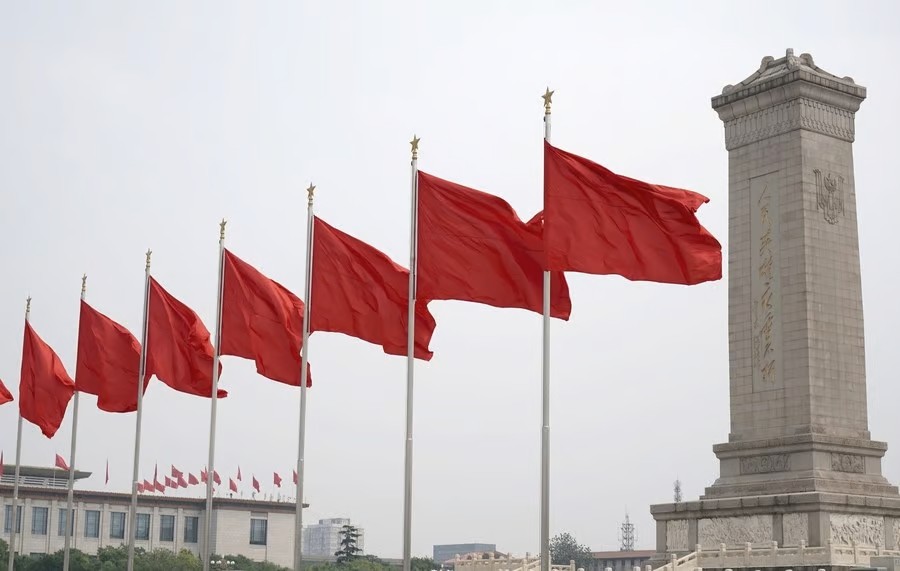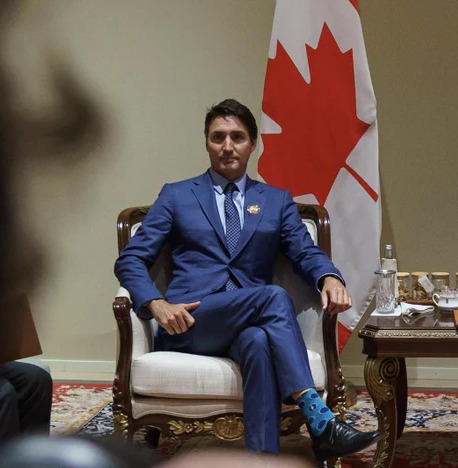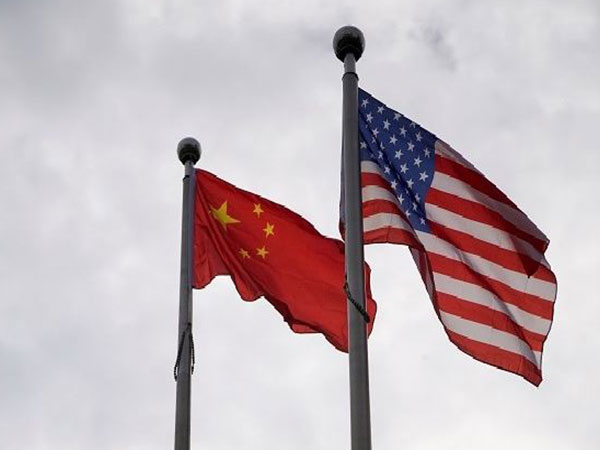The US has expressed its support for Dong and his family, calling for his immediate and unconditional release, reports Asian Lite News
The United States has strongly condemned China’s sentencing of veteran journalist Dong Yuyu to seven years in prison on alleged “espionage” charges.
In a press statement by the US State Department, “The United States condemns China’s November 29 unjust sentencing of journalist Dong Yuyu to seven years in prison for alleged “espionage.” His arrest and today’s sentencing highlight China’s failure to live up to its commitments under international law and its own constitutional guarantees to all its citizens, which include the right to freedom of speech and freedom of the press.”
Further, the US has expressed its support for Dong and his family, calling for his immediate and unconditional release.
“We celebrate Dong’s work as a veteran journalist and editor, as well as his contributions to US-China people-to-people ties, including as a Harvard University Nieman Fellow. We stand by Dong and his family and call for his immediate and unconditional release,” the statement added.
On Friday, a Chinese court sentenced a high-ranking editor and columnist for a major Communist Party newspaper to seven years in prison on espionage charges, The New York Times reported.
His family said it was punishment for past writings that were critical of the government, as well as a warning to Chinese citizens against engaging with foreigners.
Veteran Chinese journalist Dong Yuyu, 62 was arrested in February 2022, while having lunch with a Japanese diplomat in Beijing, marking the beginning of a lengthy detention, as per The New York Times.
As a journalist, Dong regularly met with foreign diplomats and journalists as part of his job. He was also a prolific writer, expressing support for the rule of law and constitutional democracy, ideas that the ruling Communist Party says it supports but in reality has suppressed. Some of his writing criticized the party’s selective version of Chinese history, which downplays its role in dark periods like the Cultural Revolution.
According to The New York Times, such critiques were once common among Chinese intellectuals. But since China’s current leader, Xi Jinping, took power in 2012, the party has eliminated virtually all space for dissenting views and urged suspicion of foreigners, in the name of national security.
Last year, China broadened its already expansive definition of espionage, and the state security agency called for a “whole-of-society mobilization” against spies.
Members of Dong’s family released a statement on Friday calling his conviction and sentence a “grave injustice,” not only to Dong but “to every freethinking Chinese journalist and every ordinary Chinese committed to friendly engagement with the world.”
“Yuyu is being persecuted for the independence he has demonstrated during a lifetime spent as a journalist,” the statement continued. “Yuyu will now be known as a traitor in his own country, instead of being recognized as someone who always fought for a better Chinese society.”
According to his family, after Dong was detained in 2022, he was held incommunicado for six months before being formally arrested, and he did not stand trial until July 2023. The court then repeatedly delayed his verdict and sentencing. (ANI)
